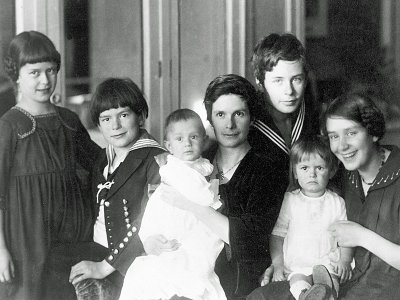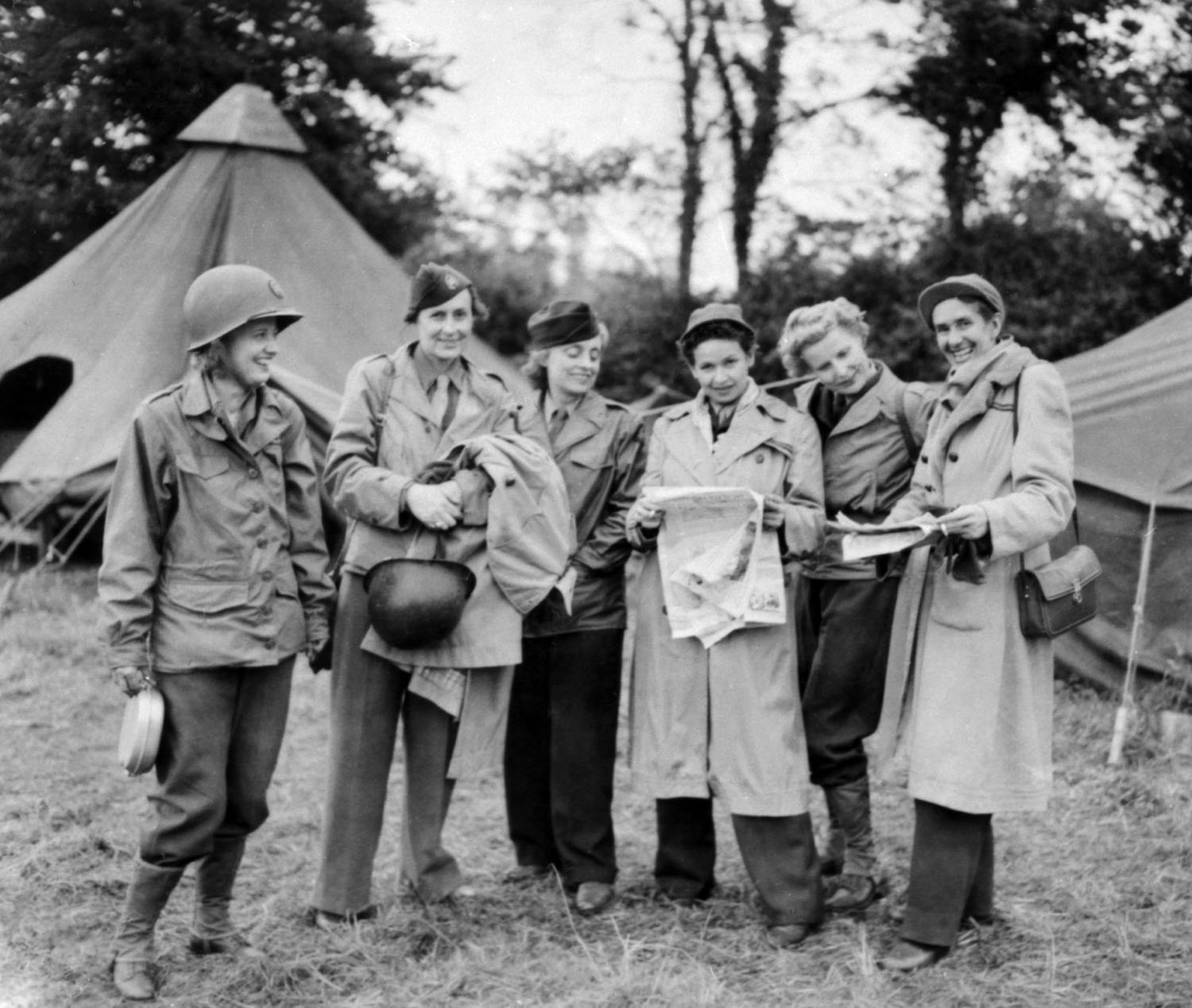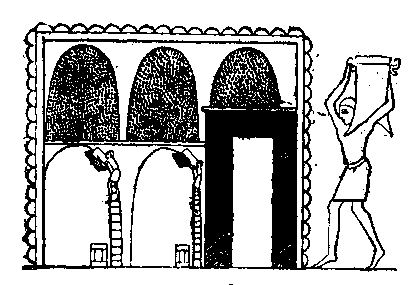|
Golo Mann
Golo Mann (born Angelus Gottfried Thomas Mann; 27 March 1909 – 7 April 1994) was a popular German historian and essayist. Having completed a doctorate in philosophy under Karl Jaspers at Heidelberg, in 1933 he fled Hitler's Germany. He followed his father, the writer Thomas Mann and other members of his family in emigrating to France, Switzerland and the United States. From the late 1950s he re-established himself in Switzerland and West Germany as a literary historian. Mann was perhaps best known for his master work ''German History in the 19th and 20th Century'' (1958). A survey of German political history, it emphasised the nihilistic and aberrant nature of the Hitler regime. In his later years, Mann took issue with historians who sought to contextualise the crimes of the regime by comparing them with those of Stalinism in Soviet Union and with wartime Allied bombing. At the same time he was sharply critical of those, broadly on the left, who carried a unique German guilt f ... [...More Info...] [...Related Items...] OR: [Wikipedia] [Google] [Baidu] |
Munich
Munich ( ; german: München ; bar, Minga ) is the capital and most populous city of the German state of Bavaria. With a population of 1,558,395 inhabitants as of 31 July 2020, it is the third-largest city in Germany, after Berlin and Hamburg, and thus the largest which does not constitute its own state, as well as the 11th-largest city in the European Union. The city's metropolitan region is home to 6 million people. Straddling the banks of the River Isar (a tributary of the Danube) north of the Bavarian Alps, Munich is the seat of the Bavarian administrative region of Upper Bavaria, while being the most densely populated municipality in Germany (4,500 people per km2). Munich is the second-largest city in the Bavarian dialect area, after the Austrian capital of Vienna. The city was first mentioned in 1158. Catholic Munich strongly resisted the Reformation and was a political point of divergence during the resulting Thirty Years' War, but remained physically unt ... [...More Info...] [...Related Items...] OR: [Wikipedia] [Google] [Baidu] |
Allied Bombing Of Germany
World War II (1939–1945) involved sustained strategic bombing of railways, harbours, cities, workers' and civilian housing, and industrial districts in enemy territory. Strategic bombing as a military strategy is distinct both from close air support of ground forces and from tactical air power. During World War II, many military strategists of air power believed that air forces could win major victories by attacking industrial and political infrastructure, rather than purely military targets. Strategic bombing often involved bombing areas inhabited by civilians, and some campaigns were deliberately designed to target civilian populations in order to terrorize them and disrupt their usual activities. International law at the outset of World War II did not specifically forbid the aerial bombardment of cities – despite the prior occurrence of such bombing during World War I (1914–1918), the Spanish Civil War (1936–1939), and the Second Sino-Japanese War (1937–1 ... [...More Info...] [...Related Items...] OR: [Wikipedia] [Google] [Baidu] |
Elisabeth Mann-Borgese
Elisabeth Veronika Mann Borgese, (24 April 1918 – 8 February 2002) was an internationally recognized expert on maritime law and policy and the protection of the environment. Called "the mother of the oceans", she has received the Order of Canada and awards from the governments of Austria, China, Colombia, Germany, the United Nations and the World Conservation Union. Elisabeth was a child of Nobel Prize–winning German author Thomas Mann and his wife Katia Mann. Born in Germany, Elisabeth experienced displacement due to the rise of the Nazi Party and became a citizen first of Czechoslovakia, then of the United States, and finally of Canada. Elisabeth Mann Borgese worked as a senior fellow at the Center for the Study of Democratic Institutions in Santa Barbara, California and as a university professor at Dalhousie University in Halifax, Nova Scotia, Canada. She became a proponent of international cooperation and world government. In 1968, she was one of the founding mem ... [...More Info...] [...Related Items...] OR: [Wikipedia] [Google] [Baidu] |
Monika Mann
Monika Mann (7 June 1910 – 17 March 1992) was a German author and feature writer. She was born in Munich, Germany, the fourth of six children of the Nobel Prize–winning author Thomas Mann and Katia, née Katharina Pringsheim. She trained as a pianist and her early attempts at a musical career seemed promising, but were not met with success and she instead pursued a career as a writer. She married in 1939 but lost her husband the following year, when the ship on which they were travelling to Canada was sunk by a German submarine. Later that year she joined her family in Princeton, New Jersey, and was granted US citizenship in 1952. Between 1954 and 1986, she lived with her partner Antonio Spadaro in ''Villa Monacone'' on Capri. This was her most productive time as a writer and her books and several magazine articles were written during this period. After the death of her partner she left Capri and spent her last years until her death with her brother Golo's adopted family in L ... [...More Info...] [...Related Items...] OR: [Wikipedia] [Google] [Baidu] |
Klaus Mann
Klaus Heinrich Thomas Mann (18 November 1906 – 21 May 1949) was a German writer and dissident. He was the son of Thomas Mann, a nephew of Heinrich Mann and brother of Erika Mann, with whom he maintained a lifelong close relationship, and Golo Mann. He is well known for his 1936 novel, ''Mephisto''. Background Born in Munich, Klaus Mann was the son of German writer Thomas Mann and his wife, Katia Pringsheim. His father was baptized as a Lutheran, while his mother was from a family of secular Jews. Career Mann began writing short stories in 1924 and the following year became drama critic for a Berlin newspaper. His first literary works were published in 1925. Mann's early life was troubled. His homosexuality often made him the target of bigotry, and he had a difficult relationship with his father. After only a short time in various schools, he traveled with his sister Erika Mann, a year older than himself, around the world, visiting the U.S. in 1927; they reported on the t ... [...More Info...] [...Related Items...] OR: [Wikipedia] [Google] [Baidu] |
Erika Mann
Erika Julia Hedwig Mann (9 November 1905 – 27 August 1969) was a German actress and writer, daughter of the novelist Thomas Mann. Erika lived a bohemian lifestyle in Berlin and became a critic of National Socialism. After Hitler came to power in 1933, she moved to Switzerland, and married the poet W. H. Auden, purely to obtain a British passport and so avoid becoming stateless when the Germans cancelled her citizenship. She continued to attack Nazism, most notably with her 1938 book ''School for Barbarians'', a critique of the Nazi education system. During World War II, Mann worked for the BBC and became a war correspondent attached to the Allied forces after D-Day. She attended the Nuremberg trials before moving to America to support her exiled parents. Her criticisms of American foreign policy led to her being considered for deportation. After her parents moved to Switzerland in 1952, she also settled there. She wrote a biography of her father and died in Zurich in 1969. B ... [...More Info...] [...Related Items...] OR: [Wikipedia] [Google] [Baidu] |
Júlia Da Silva Bruhns
Júlia da Silva Bruhns (August 14, 1851March 11, 1923) was a German-Brazilian writer. She was the wife of the Lübeck senator and grain merchant Johann Heinrich Mann, and also mother of writers Thomas Mann and Heinrich Mann. Biography Júlia, a Roman Catholic, was born in Paraty, Brazil, the daughter of a German farmer Johann Ludwig Herman Bruhns and Brazilian Maria Luísa da Silva, the daughter of a Portuguese immigrant and a lady who also had South American Indigenous blood. Júlia's father owned several sugar cane plantations between Santos and Rio de Janeiro. Her mother died in childbirth at 28 when Júlia was six. She had three brothers and one sister. One year after her mother's death, her father decided to send his children back to Germany. They lived in Lübeck, where Júlia had an uncle. At six, Julia didn’t speak a word of German. She stayed in a boarding school until she was 14 years old, while her father was back in Brazil caring for the farms. After the death ... [...More Info...] [...Related Items...] OR: [Wikipedia] [Google] [Baidu] |
Grain Trade
The grain trade refers to the local and international trade in cereals and other food grains such as wheat, barley, maize, and rice. Grain is an important trade item because it is easily stored and transported with limited spoilage, unlike other agricultural products. Healthy grain supply and trade is important to many societies, providing a caloric base for most food systems as well as important role in animal feed for animal agriculture. The grain trade is as old as agricultural settlement, identified in many of the early cultures that adopted sedentary farming. Major societal changes have been directly connected to the grain trade, such as the fall of the Roman Empire. From the early modern period onward, grain trade has been an important part of colonial expansion and international power dynamics. The geopolitical dominance of countries like Australia, the United States, Canada and the Soviet Union during the 20th century was connected with their status as grain surplus co ... [...More Info...] [...Related Items...] OR: [Wikipedia] [Google] [Baidu] |
Lübeck
Lübeck (; Low German also ), officially the Hanseatic City of Lübeck (german: Hansestadt Lübeck), is a city in Northern Germany. With around 217,000 inhabitants, Lübeck is the second-largest city on the German Baltic coast and in the state of Schleswig-Holstein, after its capital of Kiel, and is the 35th-largest city in Germany. The city lies in Holstein, northeast of Hamburg, on the mouth of the River Trave, which flows into the Bay of Lübeck in the borough of Travemünde, and on the Trave's tributary Wakenitz. The city is part of the Hamburg Metropolitan Region, and is the southwesternmost city on the Baltic, as well as the closest point of access to the Baltic from Hamburg. The port of Lübeck is the second-largest German Baltic port after the port of Rostock. The city lies in the Northern Low Saxon dialect area of Low German. Lübeck is famous for having been the cradle and the ''de facto'' capital of the Hanseatic League. Its city centre is Germany's most extens ... [...More Info...] [...Related Items...] OR: [Wikipedia] [Google] [Baidu] |
Hedwig Pringsheim
Hedwig Pringsheim (born Gertrud Hedwig Anna Dohm; 13 July 1855 – 27 July 1942) was a German actress. Born in Berlin, she was the daughter of Ernst Dohm and Hedwig Dohm-Schleh, who were Jewish converts to Christianity. She married Alfred Pringsheim. They had 5 children: Erich Pringsheim, Peter Pringsheim, Heinz Pringsheim, Klaus Pringsheim Sr. and Katia Pringsheim who married Thomas Mann. Pringsheim died in Zurich at the age of 87. Works * '' Die Manns – Ein Jahrhundertroman'' See also * Dohm–Mann family tree The Mann family ( , ; ) is the most famous German novelists' dynasty. History Originally the Manns were merchants, allegedly already in the 16th century in Nuremberg, documented since 1611 in Parchim, since 1713 in Rostock and since 1775 in ... External links Die Manns und kein Ende: Katias Mutter - Kultur - Printarchiv - Berliner Morgenpostat www.morgenpost.de Familie Mann revisited - Walter und Inge Jens legen die Biografie Hedwig Pringsheims vor ... [...More Info...] [...Related Items...] OR: [Wikipedia] [Google] [Baidu] |
Alfred Pringsheim
Alfred Pringsheim (2 September 1850 – 25 June 1941) was a German mathematician and patron of the arts. He was born in Ohlau, Prussian Silesia (now Oława, Poland) and died in Zürich, Switzerland. Family and academic career Pringsheim came from an extremely wealthy Silesian merchant family with Jewish roots. He was the first-born child and only son of the Upper Silesian railway entrepreneur and coal mine owner Rudolf Pringsheim (1821–1901) and his wife Paula, née Deutschmann (1827–1909). He had a younger sister, Martha. Pringsheim attended the Maria Magdalena Gymnasium in Breslau, where he excelled in music and mathematics. Starting in 1868 he studied mathematics and physics in Berlin and at the Ruprecht Karl University in Heidelberg. In 1872 he was awarded a doctorate in mathematics, studying under Leo Königsberger. In 1875, he moved from Berlin, where his parents lived, to Munich to earn his habilitation. Two years later he became a lecturer at Ludwig Maximilian Un ... [...More Info...] [...Related Items...] OR: [Wikipedia] [Google] [Baidu] |
Mathematician
A mathematician is someone who uses an extensive knowledge of mathematics in their work, typically to solve mathematical problems. Mathematicians are concerned with numbers, data, quantity, structure, space, models, and change. History One of the earliest known mathematicians were Thales of Miletus (c. 624–c.546 BC); he has been hailed as the first true mathematician and the first known individual to whom a mathematical discovery has been attributed. He is credited with the first use of deductive reasoning applied to geometry, by deriving four corollaries to Thales' Theorem. The number of known mathematicians grew when Pythagoras of Samos (c. 582–c. 507 BC) established the Pythagorean School, whose doctrine it was that mathematics ruled the universe and whose motto was "All is number". It was the Pythagoreans who coined the term "mathematics", and with whom the study of mathematics for its own sake begins. The first woman mathematician recorded by history was Hyp ... [...More Info...] [...Related Items...] OR: [Wikipedia] [Google] [Baidu] |






